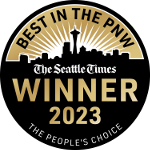Managing retail property isn’t an easy task. You’re now in charge of the welfare of many different businesses, all at different stages of their life cycle and with diverse owners and markets. While these businesses all need a place to call home, their needs can also be quite different and you’re responsible for managing property for each of them. While commercial property can be a sound investment, there are a lot of details involved in managing this type of property.
 You Need to Manage Your Tenants and Leases
You Need to Manage Your Tenants and Leases
When you manage a residential property, you may have some small amount of negotiation over the terms of your rental. Chances are, though, you’ll likely rent out your property for about the same amount as you’d planned. With commercial tenants, there is a lot to negotiate when it comes to developing a lease agreement.
- What elements are part of the leasing package?
- What are the different levels of leasing packages?
- What incentives do you provide to sign the lease?
- How do you manage vacancies and work to retain tenants?
ComproGlobal suggests that you have staff specifically dedicated to “monitor(ing) the lease critical dates and upcoming lease changes and issues.” This helps you find and keep the best tenants for your commercial property.
Depending on the size of your commercial property, you may need to have people or time specifically dedicated to managing vacancies: creating proactive strategies to rent the property and keep it rented, coordinating leasing services and vacancy management, and understanding the amount of financial risk you’re able to take on as you work to manage your vacancies.
You Need to Plan for the Future While Managing the Present
When you’re managing a property, you need to think of the future and live in the moment at the same time. Successful commercial property management is about strategy and developing plans to improve the success of each property.
You need to have a long-term plan for:
- The property itself. The structure and its ongoing wellbeing are in your hands. Do you plan to renovate or develop the building? How will you maintain it?
- The tenants. What mix of tenants do you want to have, and how do you see this evolving over time?
- Risk management. As someone who owns and manages a commercial property, you must be able to evaluate risk and plan for it. The more tenants and properties you have, the larger risk you take on, and the more you need to plan to mitigate that risk.
At the same time, you need to deal with the maintenance of the building landscaping and the cleaning contract. Managing a commercial building requires the ability to look forward while maintaining a solid focus on what’s right in front of you at the moment.
You Must Manage Communications
Just as it’s far more complicated to manage a multi-family dwelling as it is to manage a single family residence, it’s also very complicated managing a commercial building. You’re working with plenty of different people, from the employees of a business who call you in an emergency to the business owner and even to the neighbors of your complex who call to complain about the parking. You also work with multiple contractors and cleaners who help keep your commercial complex looking good. Managing a commercial rental is much more complex than managing a few single family rentals.
You Need to Understand Cash Flow and Income Generation
A commercial property is not a hobby, it’s a business. You must have an overall financial plan and an understanding of net income generation and cash flow control,” according to Compro Global. As a commercial property owner, it’s essential that you’re able to understand your finances right now and use financial information to plan for the future of your building.
When you become a commercial property owner, property management takes on a whole new level of complexity. If you’re not ready for that level of complexity in your property management life, talk with Lori Gill and Associates. We’re focused on making your property management more successful, and we can help you manage the details of an increasingly complex property portfolio.

 You Need to Manage Your Tenants and Leases
You Need to Manage Your Tenants and Leases 

